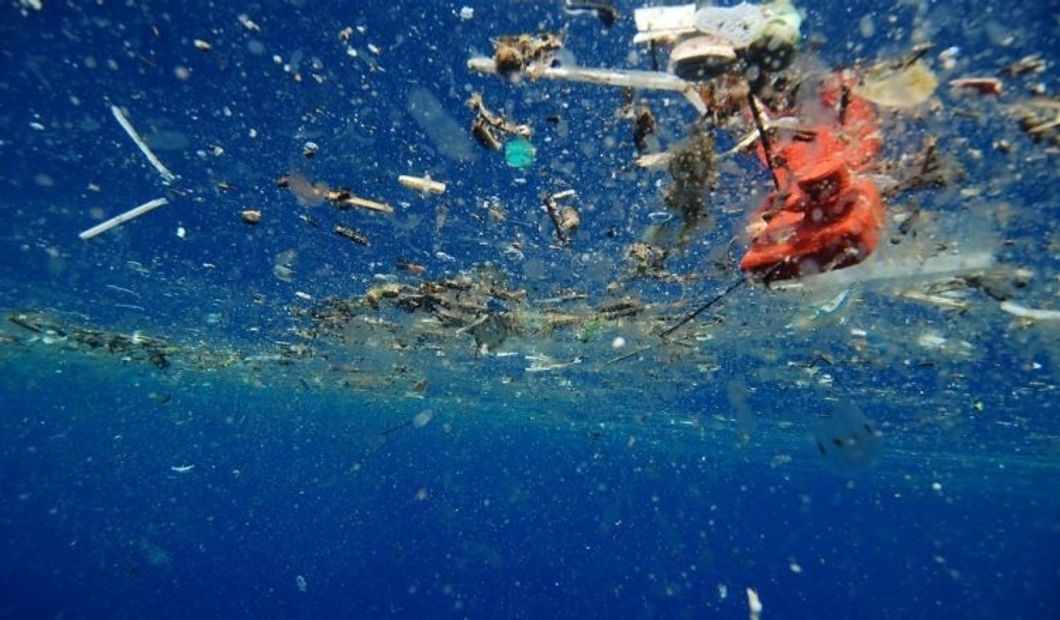According to the balance mb plastic takes up to 1,000 years to decompose. Moreover, plastic takes up the longest time to decompose compared to any other everyday item, like tin or thread. Think about the fact that a shopping bag used for maybe an hour or so will take actual centuries to decompose. Of course, seeing no immediate benefits to switching to cotton bags hinders any motivation to take any action. Moreover, plastic is so cheap as it is today only deviates us from taking any action against it. However, being even merely educated on this matter can change your attitude on this matter.
So what happens to plastic once you throw it out. It either goes in the landfill, the ocean or if its lucky enough to recycling. As plastic is nonbiodegradable sitting for centuries in the landfill, being compressed with other sorts of trash and rainwater produces toxins that are then exposed back into our environment.
Being thrown into the ocean makes the plastic's fate even worse. Not only does it interfere with the animals but the small broken down pieces of plastic can be consumed by the animals, inevitably causing death. This will bite us back, as the poor sea creatures often end up in our plates. This is not an unlikely occurrence, specifically, Sky news interviewed the scientist Collin Jansen whose findings indicate that the small fragments of plastic accumulated in the human body can cause inflammation and further complications.
Even though recycled plastic has a little negative impact on us it is still important to use plastic as least as possible. With the abundance of plastic produced nowadays, there will always be a significant portion not recycled. If collectively we can reduce our plastic use, there will be less manufactured and less waste produced. Lastly, single-use plastic products are just not worthy of the long-term damage.






















